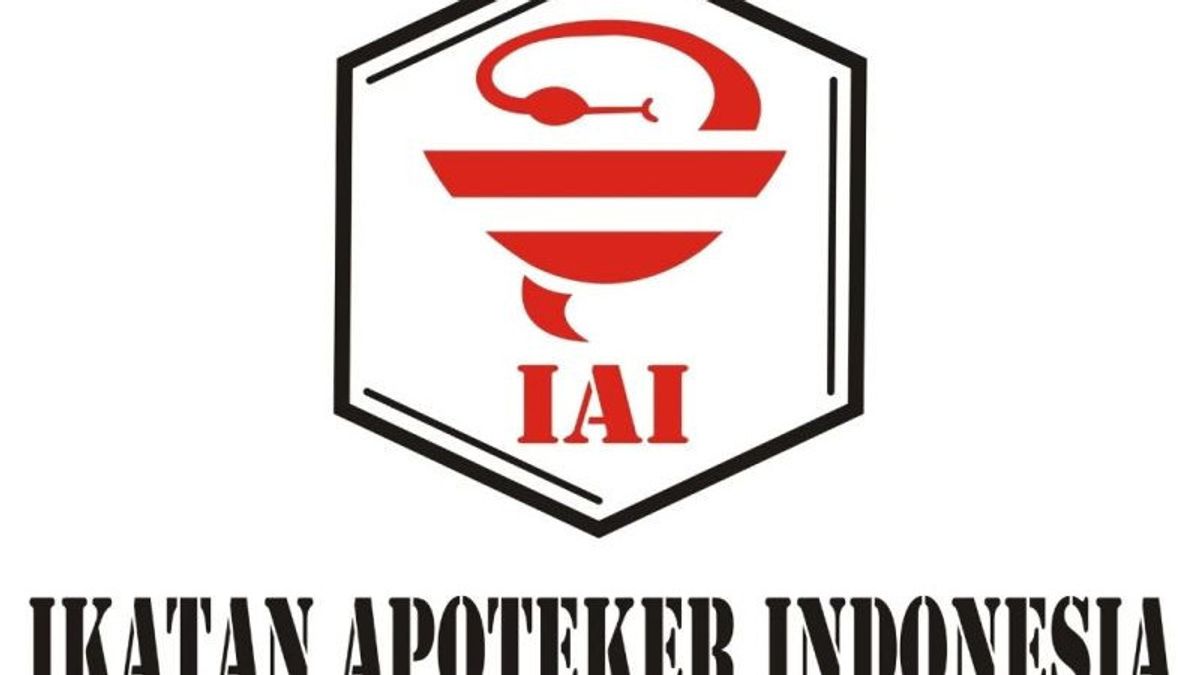JAKARTA - Deputy Chairman of the Central Executive Board of the Indonesian Pharmacists Association (IAI) Keri Lestari appreciates the government's decision to temporarily suspend the use of medial preparations for child therapy.
"We appreciate the government's policy as a form of vigilance for health workers and the public by temporarily stopping the use of medial preparations for child therapy," said Keri Lestari, who was confirmed in Jakarta, Antara, Thursday, October 20.
Keri, who is also a member of the IAI Expert Council, said that there were a number of decisions as a result of the IAI Central Management Meeting with the IAI Expert Council on October 19, 2022.
The results of the meeting included IAI appreciating efforts to investigate epidemiology and report cases of acute kidney disorders in children as a form of vigilance for health workers and the public by temporarily stopping the use of medial preparations for child therapy.
"But under certain conditions, based on the consideration between risk and its benefits and decided by the doctor to continue using drugs in the form ofcase preparations, pharmacists need to supervise with doctors regarding the safety of drug use," he said.
The next decision, said Keri, was Law Number 36 of 2009 concerning Health in Article 105, stating that pharmaceutical preparations in the form of drugs and medicinal raw materials must meet the requirements of Indonesian pharmacopies or other standard books.
"The ethilen glycol and dietilen glycol compounds are not used in drug formulation, but it is possible that their presence is in the form of contaminants in the additional material for preparing meal with a tolerance value of 0.1 percent in glycerin and glycol propylene, and 0.25 percent in glycol polyethylene. The tolerance value limit does not cause any harmful effect," he said.
Keri said Law Number 36 of 2009 concerning Health Article 106 states that the preparation of pharmaceuticals and medical devices can only be circulated after obtaining a distribution permit from the relevant authorities.
Drugs that obtain distribution permits from the Food and Drug Supervisory Agency (BPOM), said Keri, have gone through the testing process and met their safety, quality and benefits standards, and are produced in accordance with Good Manufacturing Practices (CPOB).
Keri appealed to pharmacists who work in the pharmaceutical industry to continue to strive to increase compliance with CPOB standards, especially in maintaining the quality of the drugs produced.
"IAI appeals to pharmacists who work in pharmaceutical service facilities and in health service facilities to collaborate with doctors and other health workers to provide information and education to patients and the public," he said.
The education referred to is about the use of rational and safe drugs, according to recommendations for the use of drugs in other forms of preparation, as well as recommendations for non-pharmacology therapy.
Pharmacists also need to supervise the use of drugs by patients or the public against the possibility of drug interactions or interactions between drugs and foods that risk causing fatal events such as organ failures including acute kidney failure conditions.
"IAI urges pharmacists to continue to monitor the latest developments in information, and provide information to the public properly according to the latest references to calm the public," he said.
The English, Chinese, Japanese, Arabic, and French versions are automatically generated by the AI. So there may still be inaccuracies in translating, please always see Indonesian as our main language. (system supported by DigitalSiber.id)
Most Popular Tags
#Prabowo Subianto #New Year #airplane accident #Hasto Kristiyanto #nataru #squid game 2Popular
03 Januari 2025, 06:15
03 Januari 2025, 00:02
03 Januari 2025, 04:00
03 Januari 2025, 07:35













